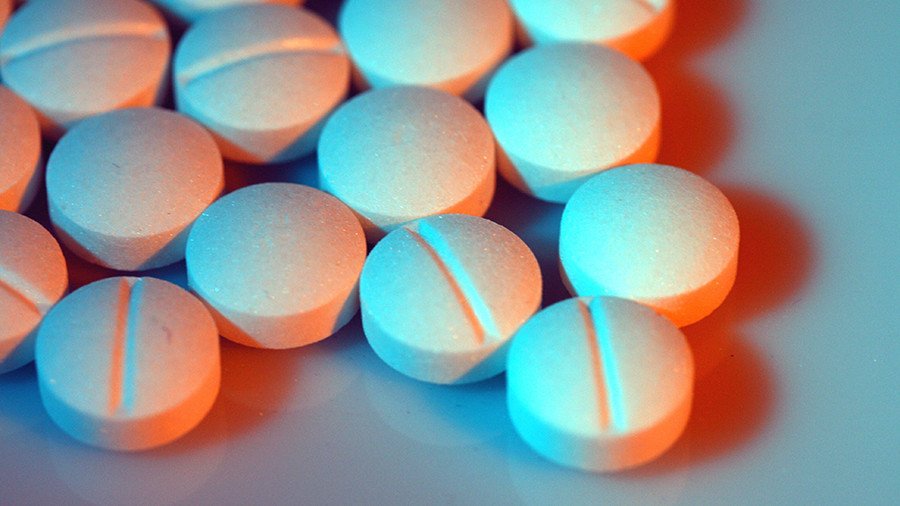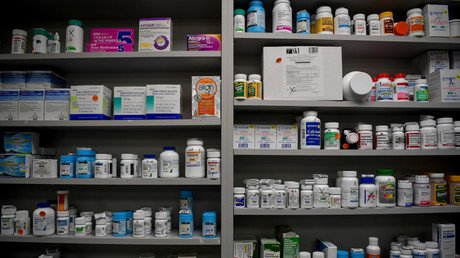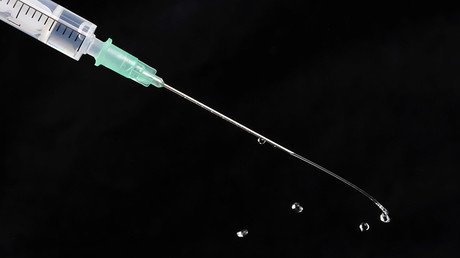‘Same big pharma that hooked people on opioids now profits again from addicts’ switch to heroin’

The same pharma companies that profited from the opioid epidemic in the US by hooking patients on their drugs are profiting again as their victims migrate to heroin and participate in needle exchange programs, an attorney told RT.
The opioid epidemic is one of the biggest stories of 2017. The number of people dying from big pharma’s prescription narcotics has skyrocketed. But the same pharmaceutical companies that profited from creating the crisis in the first place, and received a slap on the wrist for it, are now profiting from it again, attorney Peter Mougey said in an interview with RT America’s Mike Papantonio.
“The migration from the prescription opioids to heroin is integral to this whole problem. At the end of the day, you are 80 times more likely if you are on heroin to have abused prescription opioids. It’s common sense. No one starts by wrapping a tourniquet around his arm and putting a needle into it,” he said.
“But something I find even more disgusting – I was with my co-counsellor in West Virginia last week, and we were looking through one of these needle exchange program packages. It has syringes and cotton balls and spoons to reduce the Hep-C and HIV. And sure enough, one of the companies that was selling – their logo was on the inside of the package – was McKesson. So, McKesson profited from the needle exchange program – and this is the same company that was charged with responsibility for controlling the overflow of the opioids into our communities.”
Interestingly, the pharma companies were never really punished for the damage they have done by aggressively pushing addictive drugs on the market, Mougey said. They successfully settle cases, paying meager sums of tens of thousands of dollars, and attorney generals (AG) allowed this, instead of pushing for fines one or two orders of magnitude higher, which they could have won.
“Well, ‘AG’ in most cases stands for ‘aspiring governor.’ These AGs run these cases and want turnarounds really quick so they can use a $25, 30, or 40 million settlement, splash across the headlines, get their name out there in the press, when most litigation cycles nowadays unfortunately take five, six, seven years,” he explained.
“So, they settle on the cheap, get their mugs in the paper. And at the end of the day, there have been hardly any depositions taken; there has been hardly any discovery done, and there is a quick settlement. With the real damage you could probably add a couple of zeroes onto the end of these $25 million settlements.”
Mougey also talked about how the corporate media, which receives advertising money from big pharma, ignored the unfolding epidemics for a decade, until its lethality surpassed that of the Vietnam War. And so did regulators and lawmakers. Watch the full interview to learn the details.














